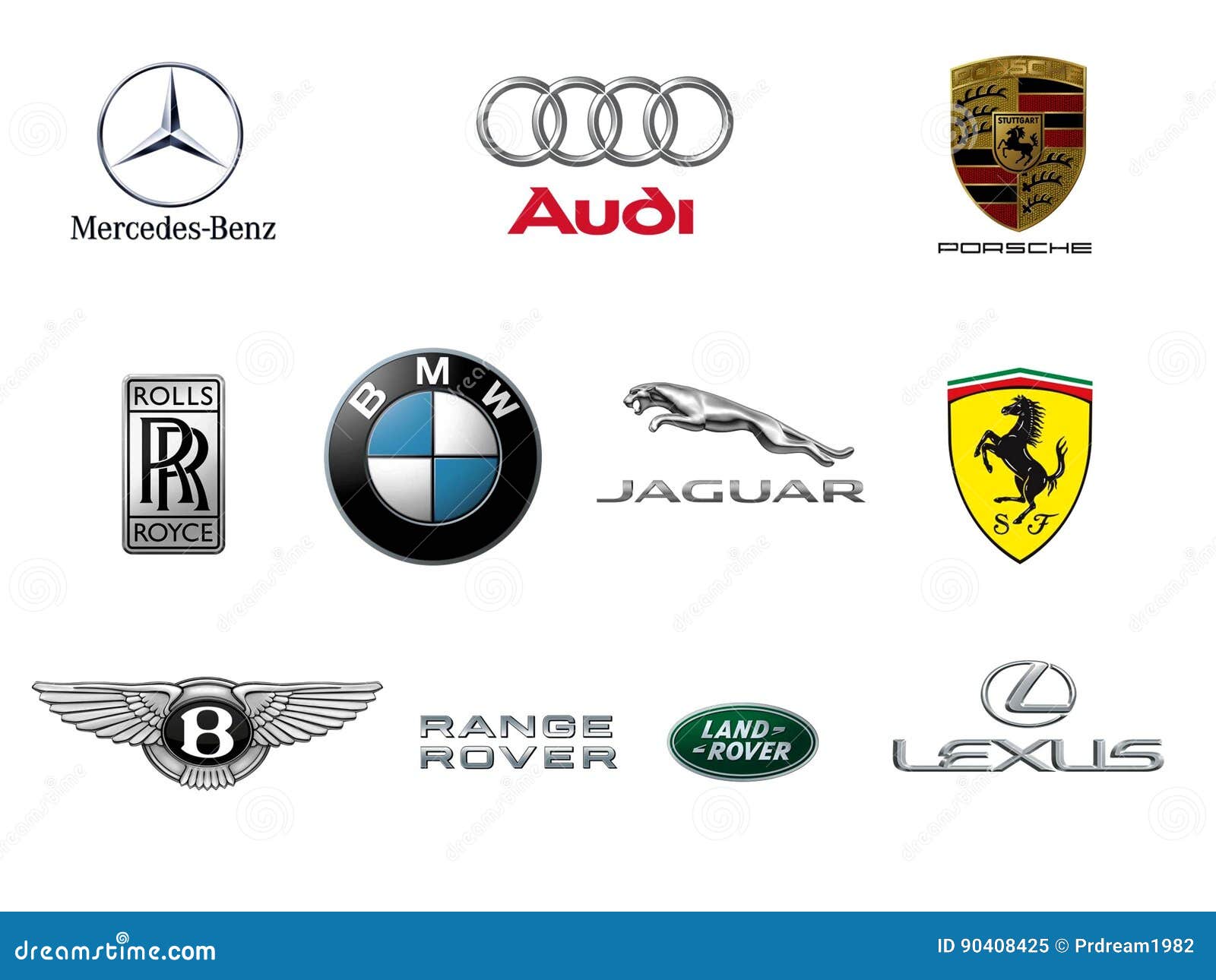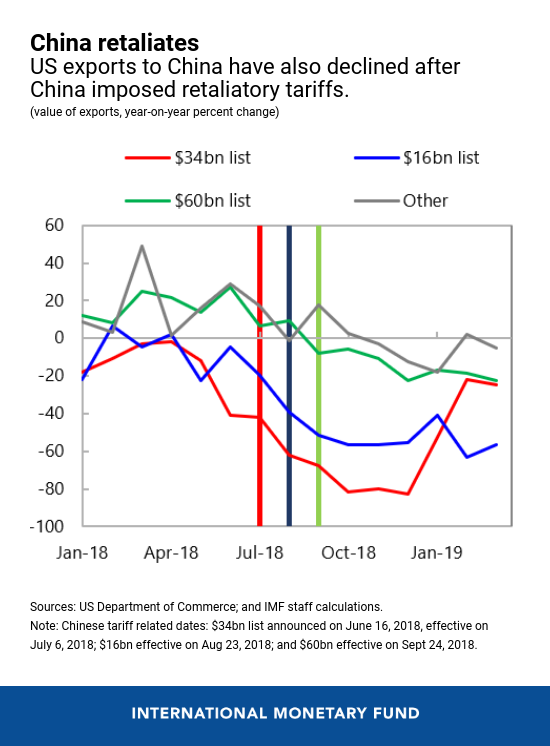Premium Car Brands In China: Analyzing The Challenges Faced By BMW And Porsche

Table of Contents
Intense Competition from Domestic and International Brands
The Chinese luxury car market is no longer solely the domain of established international players. BMW and Porsche face a two-pronged challenge: the rise of domestic luxury car makers and the aggressive strategies of established international competitors.
Rise of Domestic Luxury Car Makers
The increasing popularity and sophistication of domestic brands like Hongqi, BYD's premium sub-brand Denza, and Nio are significantly impacting the market share of established premium players. These brands are leveraging several key advantages:
- Technological Advancements: Domestic brands are rapidly incorporating cutting-edge technologies, often exceeding expectations in areas like electric vehicle performance and autonomous driving capabilities.
- Competitive Pricing: By leveraging local manufacturing and supply chains, domestic brands can offer luxury vehicles at more competitive price points.
- Strong National Branding: A significant portion of Chinese consumers actively support domestically produced goods, giving these brands a powerful home-court advantage.
For example, Hongqi's revival has seen it launch several successful high-end models that directly compete with BMW's 5 Series and 7 Series, while BYD's Denza brand offers luxury EVs that rival Tesla and Porsche's electric offerings. This directly impacts BMW and Porsche's sales figures and overall market positioning within the premium car brands in China segment.
Aggressive Strategies from Established International Competitors
The competition isn't limited to domestic brands. Other international luxury brands like Mercedes-Benz, Audi, and Tesla are aggressively vying for market share in China, leading to intensified price wars and promotional activities.
- Aggressive Marketing Campaigns: Competitors are launching targeted marketing campaigns that highlight specific features and appeal to the unique preferences of Chinese consumers.
- Competitive Pricing and Incentives: Price wars and attractive financing options are common, putting pressure on profit margins for all players.
These aggressive strategies force BMW and Porsche to constantly adapt their marketing and pricing strategies to maintain their competitiveness within the crowded landscape of premium car brands in China.
Evolving Consumer Preferences and Demands in China
Understanding the shifting landscape of Chinese consumer preferences is critical for success. The market is driven by a strong demand for electric vehicles, advanced technology, and localized marketing strategies.
Shifting Towards Electric Vehicles (EVs)
The rapid adoption of electric vehicles in China, fueled by government incentives and growing environmental awareness, presents a significant challenge. BMW and Porsche must invest heavily in EV technology and infrastructure to remain competitive.
- Government Support for EVs: China's government actively promotes EV adoption through subsidies and favorable regulations.
- High Consumer Demand: Chinese consumers are increasingly opting for EVs, especially in urban areas.
- Charging Infrastructure Development: The charging infrastructure is expanding rapidly, although challenges remain in certain regions.
BMW and Porsche’s success relies on providing competitive EV offerings that cater to the evolving needs of the Chinese market. Their current EV portfolios need to keep pace with the rapid innovation seen in the broader premium car brands in China sector.
Emphasis on Technology and Digitalization
Chinese consumers are highly tech-savvy, demanding advanced technological features such as:
- Autonomous Driving Capabilities: Self-driving or assisted driving features are highly sought after.
- Advanced Connectivity Features: Seamless integration with smartphones and other devices is essential.
- High-Tech Infotainment Systems: Large, intuitive touchscreens and advanced voice control are expected.
BMW and Porsche need to prioritize technological innovation and provide cutting-edge features to stay ahead in the race for market share among premium car brands in China.
Growing Importance of Brand Storytelling and Localized Marketing
Connecting with Chinese consumers requires a nuanced understanding of local culture and preferences. Marketing campaigns must resonate with the local audience, telling a story that resonates with their values and aspirations.
- Cultural Sensitivity: Marketing materials must be culturally appropriate and avoid any potential misinterpretations.
- Targeted Messaging: Marketing messages should be tailored to the specific demographics and preferences of the target audience.
- Digital Marketing Strategies: Leveraging social media and online platforms is crucial for reaching Chinese consumers.
Navigating Regulatory Hurdles and Supply Chain Challenges
The Chinese automotive market is subject to stringent regulations and faces ongoing supply chain disruptions.
Government Regulations and Import Tariffs
Stringent emission standards and import tariffs significantly impact the profitability and pricing strategies of premium car brands. BMW and Porsche must navigate these regulations effectively.
- Emission Standards: Meeting increasingly stringent emission standards requires significant investment in R&D.
- Import Tariffs: High import tariffs can increase the cost of imported vehicles, impacting competitiveness.
Effectively navigating these regulations is crucial for the sustained profitability of premium car brands in China.
Supply Chain Disruptions and Logistics
Global supply chain disruptions, exacerbated by geopolitical factors and the lingering effects of the pandemic, affect the availability of parts and vehicles.
- Geopolitical Instability: Global political events can disrupt supply chains and lead to delays.
- Pandemic-Related Issues: The pandemic continues to impact global logistics and manufacturing.
Resilient supply chain management is critical for maintaining customer satisfaction and preventing significant disruptions to sales among premium car brands in China.
Conclusion
The Chinese market presents both massive potential and complex challenges for premium car brands like BMW and Porsche. Success depends on adapting to evolving consumer preferences, navigating intense competition, and effectively managing regulatory and supply chain complexities. By strategically addressing these issues through technological innovation, localized marketing, and robust supply chain management, these brands can continue to thrive in this dynamic and highly competitive environment. Understanding the intricacies of the market and reacting to shifting trends is critical for long-term success in the lucrative world of premium car brands in China. To stay ahead, continuous adaptation and innovation are essential.

Featured Posts
-
 The Implications Of A U S China Tariff Rollback For American Businesses And Consumers
May 13, 2025
The Implications Of A U S China Tariff Rollback For American Businesses And Consumers
May 13, 2025 -
 40 C Heat Scorches Indore Cmho Issues Loo Alert
May 13, 2025
40 C Heat Scorches Indore Cmho Issues Loo Alert
May 13, 2025 -
 Morgan Wallen Explains Snl Exit Just Ready To Go Home
May 13, 2025
Morgan Wallen Explains Snl Exit Just Ready To Go Home
May 13, 2025 -
 I Niki Kai I Fanela O Proponitis Tis Sefilnt Gioynaitent Tzortz Mpalntok
May 13, 2025
I Niki Kai I Fanela O Proponitis Tis Sefilnt Gioynaitent Tzortz Mpalntok
May 13, 2025 -
 Bay Area Severe Thunderstorm Warning Current Conditions And Safety Tips
May 13, 2025
Bay Area Severe Thunderstorm Warning Current Conditions And Safety Tips
May 13, 2025
Latest Posts
-
 Urgent Recall Great Value Product Pulled From Shelves In Michigan
May 14, 2025
Urgent Recall Great Value Product Pulled From Shelves In Michigan
May 14, 2025 -
 Great Value Product Recall Alert Michigan Consumers Urged To Check
May 14, 2025
Great Value Product Recall Alert Michigan Consumers Urged To Check
May 14, 2025 -
 Manchester Uniteds Transfer Plans A Look At Potential Signings
May 14, 2025
Manchester Uniteds Transfer Plans A Look At Potential Signings
May 14, 2025 -
 The Transfer Market And Manchester United A Strategic Analysis
May 14, 2025
The Transfer Market And Manchester United A Strategic Analysis
May 14, 2025 -
 Michigan Great Value Recall What You Need To Know
May 14, 2025
Michigan Great Value Recall What You Need To Know
May 14, 2025
